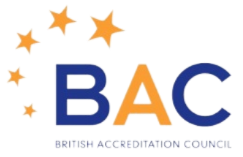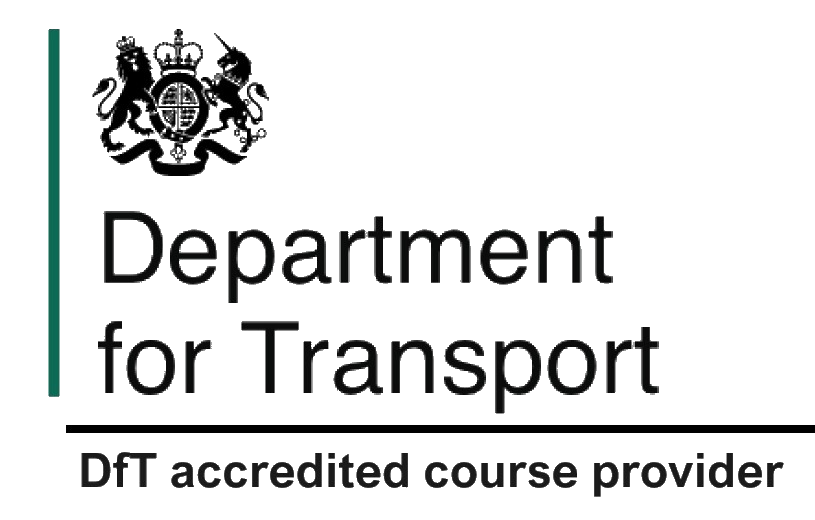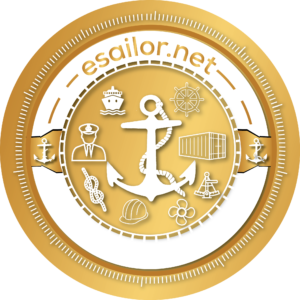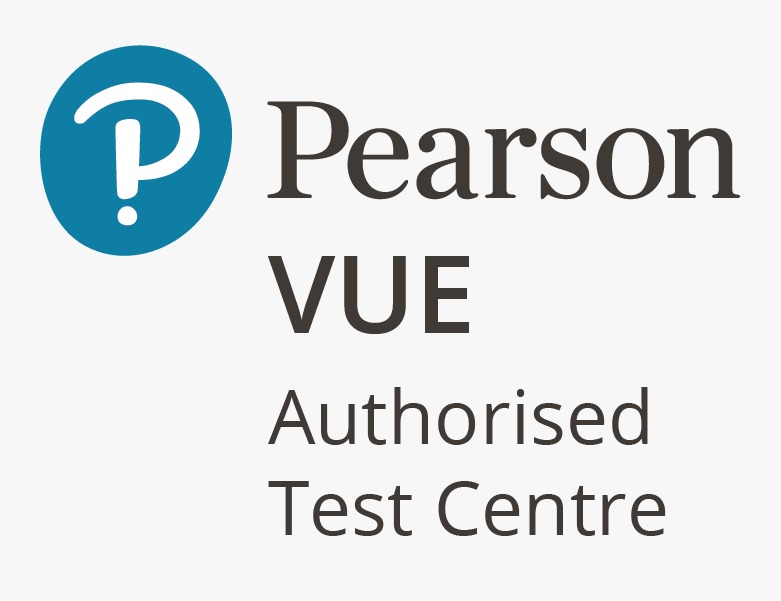
Glasgow Maritime Academy delivers The International Maritime Organization (IMO) Member State Audit Scheme (IMSAS) course
Course Duration: 5 days
Course dates: On demand
Course Fee: £ 4500 /-
Course Eligibility:
Flag state Surveyor
Delivery Method
Zoom or Face to Face or Peripatetic
Course Content
The course includes the topics below
- IMSAS Overview: The International Maritime Organization (IMO) Member State Audit Scheme (IMSAS) assesses member states’ compliance with mandatory IMO instruments, focusing on flag, coastal, and port state obligations.
- Audit Objectives: The audit aims to ensure effective implementation and enforcement of IMO instruments, promote capacity-building, provide feedback for improvement, and foster global maritime safety and environmental standards.
- Key Instruments Audited: The scheme covers compliance with instruments like SOLAS, MARPOL, STCW, Load Lines Conventions, COLREGs, and Tonnage Measurement, among others.
- Audit Process:
- Submission of a pre-audit questionnaire.
- Opening and closing meetings at the audited state’s headquarters.
- Review of national legislation, administrative structures, and enforcement mechanisms.
- On-site visits, interviews, and examination of records.
- Responsibilities:
- IMO: Administers audits, selects audit teams, and maintains audit records.
- Member States: Facilitate audits, respond to findings, and implement corrective actions.
- Flag State Activities: Emphasis on the role of the flag state in ensuring vessel compliance, delegation of authority to recognized organizations (ROs), and robust inspection and certification processes.
- Coastal State Activities:
- Maintenance of radio, meteorological, and SAR (Search and Rescue) services.
- Management of hydrographic services and aids to navigation.
- Oil spill response and pollution prevention mechanisms.
- Port State Control (PSC):
- Legislation for PSC inspections and recruitment of qualified officers.
- Adequate port reception facilities for waste management.
- Compliance with fuel oil and dangerous goods regulations.
- Audit Findings: Common issues include lack of alignment between national laws and IMO instruments, insufficient delegation oversight, and gaps in records or reporting mechanisms.
- Continuous Improvement:
- Development of quality management systems (QMS) for maritime administration.
- Training and certification of personnel.
- Implementation of corrective actions for non-conformities to ensure ongoing compliance and safety
If you need any support with this contact Kyra on
Tel. 0044-1415542248
Email. enquiries@glasgowmaritimeacademy.com


